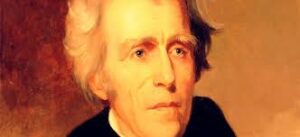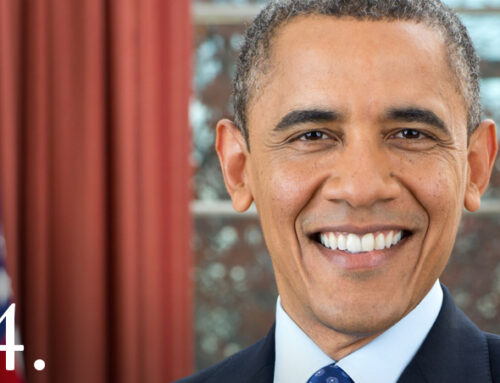Andrew Jackson was the seventh President of the United States, serving from 1829 to 1837. He was a controversial figure who played a pivotal role in the early history of the country, and his presidency marked a significant shift toward greater democracy in American politics.
Jackson was born in Carolina in 1767 and grew up in a poor family. He received little formal education and became a lawyer, and in 1796, he was elected to the United States House of Representatives. In 1798, he was appointed as a judge on the Tennessee Supreme Court, and in 1801, he became the first governor of the state of Tennessee.
In 1828, Jackson was elected as the seventh President of the United States, succeeding John Quincy Adams. As President, Jackson faced many challenges, including tensions with Europe and a growing political divide within the United States. He also oversaw the Indian Removal Act, which forcibly relocated Native American tribes to the west, and the Nullification Crisis, in which several Southern states threatened to secede from the Union.
After serving two terms, Jackson retired from public life and returned to his home in Tennessee, where he died in 1845. Jackson is remembered as a strong and decisive leader, but also as a controversial figure who was responsible for many actions that are now considered to be deeply flawed. Despite the challenges he faced, he remains an important and influential figure in American history.
As a child, Andrew Jackson lived in poverty. He went on to be one of the most controversial and notable presidents in American history. So, how did Jackson accumulate his wealth? Well, it wasn’t all self-made as married into wealth when he wed Rachel Donelson in 1794. However, he made even more money throughout his military career.
But, as a result of his acceptance of slavery, Jackson became one of the richest U.S. presidents in history. “Enslaved workers grew his cotton, built and tended his house, and helped him gain a social foothold in Southern society,” notes History.com. “Jackson owned as many as 161 enslaved people, buying and selling them, using their labor to build his fortune, and even bringing them to the White House to work for him.
The most controversial of his actions was his massacring of Native Americans and forcing them off their land. However, what is much less discussed is what happened to that land. Eventually, it became the cotton kingdom of the South as well as the center of the slave economy. Also, while serving as a public servant on a public salary, Jackson parceled out that land to the cotton barons of the next generation, making him a handsome profit along the way.
By the time he became the country’s 7th president from 1829 to 1837 “Old Hickory” built a mansion on his homestead, The Hermitage, which included 1,050 acres of pristine real estate.
When Jackson left office, Jackson was worth around. $132.6 million (adjusted for inflation).
Once again, the format of being wealthy was simple in those days. Either born rich, married rich, trade with rich people, or export your products. Or even trade slaves. (Lincoln was not president till this time)
But here, I want to highlight inflation. Inflation is an increase in the general price level of goods and services in an economy over some time. When the general price level rises, each unit of currency buys fewer goods and services; consequently, inflation reflects a reduction in the purchasing power of money – a loss of real value in the medium of exchange and unit of account within an economy. A chief measure of price inflation is the inflation rate, the annualized percentage change in a general price index (normally the consumer price index) over time.
You can make a big income but that is not wealth, when you keep your income growing against inflation that is real inflation. That is one reason why the people here, I am Talking maybe then sounds like today’s billionaire, but now they sound not much as the wealth was eroded due to inflation. Like if inflation is 4% and you made the growth of 2%, that is not growth.
My readers will not come back here if I didn’t mention, the Trail of tears. The Trail of Tears was a series of forced relocations of Native American tribes from their ancestral lands in the southeastern United States to lands west of the Mississippi River. The relocations, which occurred in the 1830s, were carried out under the Indian Removal Act of 1830, signed into law by President Andrew Jackson.
The forced removal of Native American tribes from the southeastern United States was a devastating event in American history. Many Native Americans died during the journey, which was marked by inadequate supplies, harsh weather, and disease. The relocations, which have been referred to as a form of ethnic cleansing, resulted in the deaths of thousands of Native Americans and the destruction of many Native American communities.
What to learn here, Policy decisions. Sometimes you will face harsh situations not because of natural calamities but because of ruling authorities. That will definitely affect you. Such situations may not come under insurance coverage, this is not an act of god. So that will definitely affect your wealth and we can’t do anything about it.




